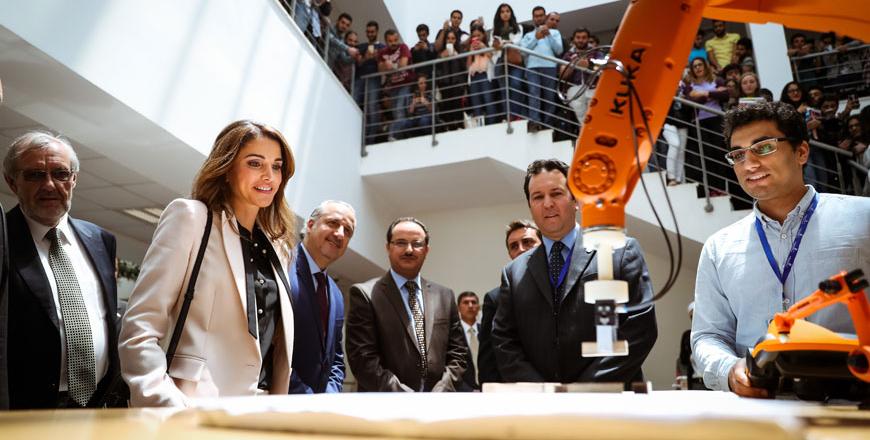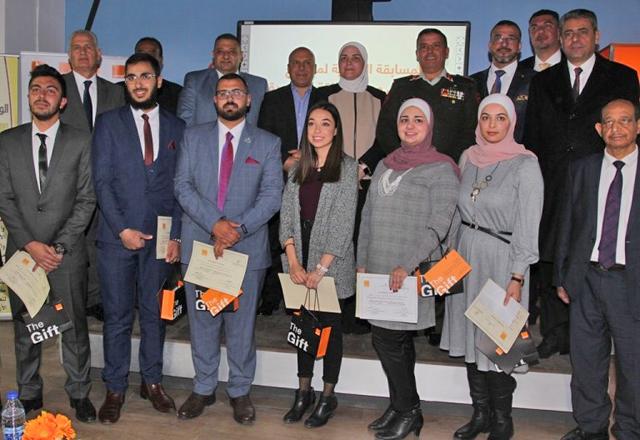You are here
Renewables, energy efficiency modules to enter university programmes
By Dana Al Emam - May 15,2017 - Last updated at May 15,2017
AMMAN — In a bid to raise awareness on the socioeconomic impacts of Renewable Energy and Energy Efficiency (REEE), a multipartner project seeks to integrate basic and specialised modules on the subject into university programmes.
The DESIER project aims to provide high-quality education for students in the Middle East and North Africa on key aspects of REEE technologies, with emphasis on the socioeconomic aspects of these technologies.
The project, implemented locally by the German Jordanian University (GJU) and the University of Jordan and co-funded by the Erasmus+ Programme of the European Union, seeks to enable students to make responsible, creative, challenging and stimulating contributions to policymaking, industry or research in this field.
The project is also implemented in universities and higher education institutions in Cyprus, Italy, Germany, Egypt and Syria.
DESIER also aims to promote new REEE technologies and increasing the scale of their applications in private and public buildings in light of the National Energy Plan, according to organisers.
During a workshop addressing the socioeconomic impacts of REEE in Jordan held on Monday, DESIER project coordinator at GJU Louay Qoaider said the large-scale implementation of renewable energy projects in Jordan over the past five years increased awareness on the subject.
At the event, hosted by the Amman Chamber of Commerce (ACC), he explained that there are many positive socioeconomic effects stemming from the adoption of REEE technologies, including job creation and a boost in exports of locally-produced renewable devices.
Organisers are currently working on developing the university curricula, which are expected to undergo a pilot trial in 2018, Qoaider said, noting that there will be seven modules, one on basic concepts, and six others discussing a specific issue such as society, economy, health, environment and food.
Ala’ Aldeen Alhalhouli, dean of the School of Applied Technical Sciences at GJU, said the expansion in the implementation of renewable energy projects in Jordan helped reduce carbon dioxide rates in the air, boost food security, enhance economic growth, create more jobs and enhance the overall competitiveness of the economy.
ACC Vice Chairman Ghassan Kherfan said conventional energy sources require considerable spending at the state and individual levels, adding that fuel prices are indirectly imbedded within prices of consumers’ day-to-day purchases, making renewables a more economic option.
Related Articles
AMMAN — Her Majesty Queen Rania on Sunday visited the German Jordanian University’s (GJU) Madaba campus to support its teaching initiatives,
AMMAN — The German embassy on Wednesday organised a workshop to discuss the ways in which the Kingdom could benefit from Germany’s energy tr
AMMAN — The winners of the “Best Graduation Projects in Renewable Energy” contest were honoured in a ceremony this week.Deputising for Minis


















